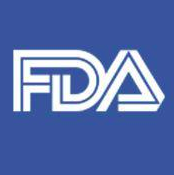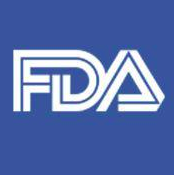The Associated Press today reported on a large study just released by the U.S. Food and Drug Administration (FDA) regarding the presence of arsenic in rice and what consumers should do to minimize their risk of arsenic exposure.
Billed as "The Big Story," under the headline "FDA: Rice is safe, despite small levels of arsenic," the article reads:
The Food and Drug Administration says consumers shouldn't worry too much about levels of arsenic in rice — but should vary their diets just in case.
The agency is releasing a study of arsenic in 1,300 samples of rice and rice products that is the largest study to date looking at the carcinogen's presence in rice. It shows varying levels, with the most arsenic in brown rice and the least in instant rice.
The FDA says the amounts are so small that rice is safe to eat, but it is still studying long-term effects of consuming rice. The agency has long encouraged consumers to vary their diets to minimize risk.
Rice likely contains arsenic because it is grown in water on the ground, where the contaminant can be absorbed.
Meanwhile, the FDA issued a press release discussing the aforementioned study and other ongoing efforts to learn whether levels of arsenic in rice and rice products pose a risk to public health. The release explained that the agency has collected a total of more than 1,300 samples of rice and rice products and has tested them for both total arsenic and inorganic arsenic, the more toxic form of the element. FDA scientists have determined that the levels of inorganic arsenic found in the samples are too low to cause immediate health damage, the release noted, adding that the next step is a comprehensive assessment of the public health risk.
In addition, the FDA has posted a number of informative documents, including:
- Statement on Testing and Analysis of Arsenic in Rice and Rice Products
- Consumer Update — an extensive explanation of what the FDA has learned so far in its study of arsenic levels in rice, the future direction of its research, what FDA believes the health risk to be and what consumers should do to minimize their risk
- Questions & Answers: Arsenic in Rice and Rice Products
- "On Farms and in Labs, FDA and Partners Are Working to Get Answers on Arsenic in Rice," a blog post by FDA Commissioner Margaret Hamburg discussing her experience touring farms and research facilities to better understand safety issues and the challenges of rice farming
- the report Analytical Results from Inorganic Arsenic in Rice and Rice Products Sampling (pdf)
- a "main page" containing additional information and links to the documents listed above.



